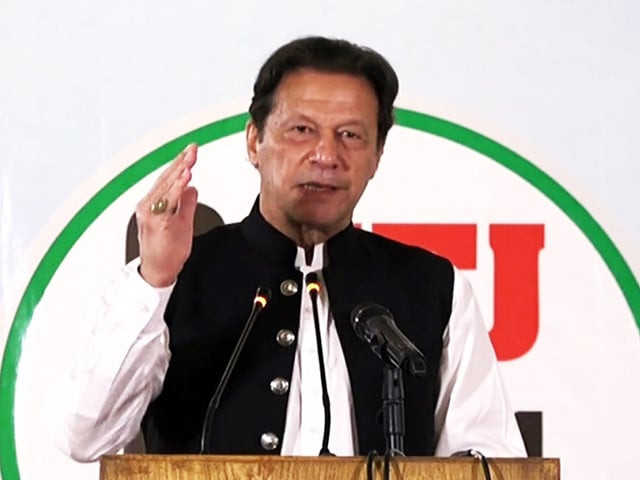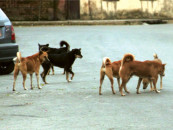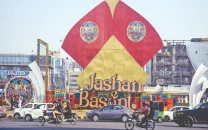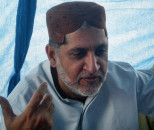How will PTI’s by-polls victory affect political cases in SC?
Senior lawyers believe role of superior courts, especially SC, will be significant

It remains to be seen how the unprecedented victory of Pakistan Tehreek-e-Insaf (PTI) in Punjab by-elections will affect the political cases in the superior courts.
The PTI leaders are unhappy over the recent detailed judgment of the Supreme Court, wherein reasons were given as to why the ruling of the deputy speaker of the National Assembly was declared unconstitutional.
The PTI leaders are also wondering why the apex court did not probe the allegations regarding changing of the regime through a foreign conspiracy.
Though PTI leaders are consistently questioning the role of the judiciary to complete the process of the no-confidence motion against ex-prime minister Imran Khan under Article 95 of the Constitution of Pakistan, especially the opening of courts at midnight on April 9, the fact is that the SC still played a significant role to make the party relevant.
Firstly, the majority of judges namely Chief Justice of Pakistan Umar Ata Bandial, Justice Ijaz ul Ahsan and Justice Munib Akhtar declared that defection is a cancer that needs to be curbed for the stability of the parliamentary system. Likewise, they also held that defecting lawmakers’ votes could not be counted under Article 63-A of the constitution.
Read Kaptaan’s stunning inswinger
The majority judgment has severely affected the politics in Punjab. The Election Commission of Pakistan (ECP) had de-seated 25 defecting MPAs who voted for Hamza Shehbaz for the chief ministership. Subsequently, the Lahore High Court (LHC) declared the election of the chief minister void on account of the SC majority opinion on the interpretation and scope of Article 63-A of the constitution.
The LHC had ordered the re-election for CM slot under Article 130 (4) of the constitution. However, the SC reversed the LHC order and passed its own order with the consent of both parties. The apex court ordered to hold the CM elections on July 22. However, Hamza is allowed to hold the position of CM until the polls on July 22.
On June 1, the top court sought reports from director generals of Inter-Services Intelligence (ISI) and Intelligence Bureau (IB) as well as Islamabad IGP, interior secretary and others over the alleged involvement of PTI leaders in instigating party workers to reach Islamabad's D-Chowk in violation of its May 25 order.
Later, the court was apprised by the law enforcement agencies that a crowd was organised to enter Red Zone under the PTI leadership who had reached Express Chowk with the intent to proceed further towards D-Chowk as per the directions of the party’s highest command.
Despite the submission of agencies’ reports, the apex court did not issue a contempt notice against Imran Khan.
On the other hand, SC took suo motu notice of the alleged involvement of the government in the affairs of investigation agencies probing high-profile graft cases, especially PM Shehbaz Sharif and his son CM Punjab Hamza Shehbaz.
PTI Chairman Imran has also challenged recent amendments to the National Accountability Ordinance (NAO) 2000. A three-judge bench led by the chief justice himself will take up the petition on July 19.
The PTI also challenged the recent legislation on the vote of overseas Pakistanis in the elections. It also challenged the ECP decision to conduct fresh delimitation. The SC is hearing this matter.
Read more Imran wants courts opened ‘now’ over alleged rigging in Punjab by-polls
The LHC also gave big relief to PTI by directing the electoral body to notify the five PTI members on reserved seats of the Punjab Assembly.
Similarly, the Islamabad High Court (IHC) also gave relief to PTI leaders by granting pre-arrest bails.
Senior lawyers say that role of superior courts especially SC will be significant in near future.
Despite a few adverse judgments, PTI lawyers are comfortable with one section of SC judges. Recently Imran admitted that filing of reference against SC senior judge Justice Qazi Faez Isa was a mistake.
If the political scenario changes, then it will also affect judicial politics. Four SC judges’ seats are vacant as there is a deadlock among members of the Judiciary Commission on the nominations.



















COMMENTS
Comments are moderated and generally will be posted if they are on-topic and not abusive.
For more information, please see our Comments FAQ